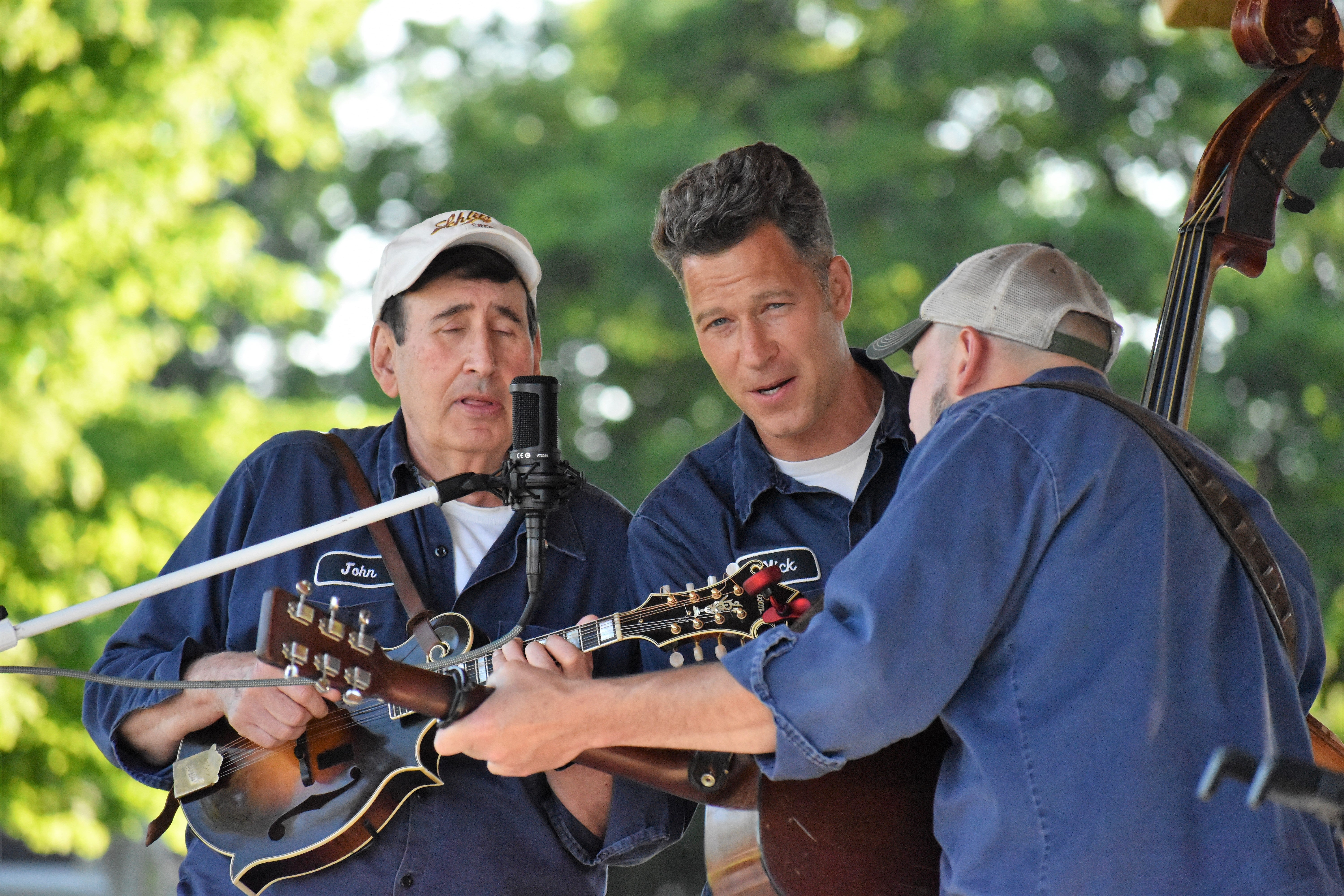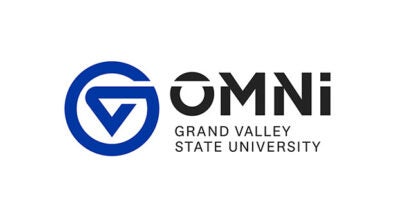City budget unveiled
Published 5:47 pm Sunday, June 2, 2013
The solid waste fund represents the largest challenge to Dowagiac’s 2013-14 budget, City Manager Kevin Anderson said last week.
City Council heard no public input at a May 28 hearing on the spending plan effective Oct. 1.
Anderson said the Michigan Department of Environmental Quality (MDEQ) no longer tests groundwater and wells in and around the former Nubour Street landfill.
“That responsibility now rests with the City of Dowagiac,” he said. “For the past two years we have used fund balance to pay for these new costs, but it is clear that in spite of other cuts within solid waste, the current revenue stream will not support this new obligation any longer. Therefore, the proposed budget includes an increase of 1.16 in the solid waste tax levy to fund what will clearly be a continuing annual, long-term solid waste cost.”
The cost of purchased power is increasing, so a 1.5-percent electric rate increase is necessary to maintain current service levels.
A 1.5-percent sewer rate hike is also proposed so the lift station improvement program can continue.
“No change in the water rate is necessary at this time,” he said.
Property taxes are expected to stop their decline and remain at about the same level as 2012-13; constitutional state-shared revenues will rise slightly; and EVIP (Economic Vitality Incentive Program) revenues have the potential to remain the same.
Anderson said the budget reflects a reduction of funds received from drug forfeitures used to fund a school resource/truancy officer for the past two years.
“The funding source for this officer is depleted,” the city manager said, “and the position is not in the proposed budget. However, efforts are being made to establish funding for this officer and the budget can be amended if these efforts prove successful.”
With Michigan’s overall economy showing improvement, sales tax revenues have increased.
“This means,” Anderson said, “that the constitutional shared revenue will increase slightly, which will help with the inflationary cost from vendors. The outlook for general fund revenues is for revenues to continue to flatten — at least in the short-term.”
Public safety — police and fire — represent the biggest revenue expenditure.
A significant share of the police budget is dedicated to CCDET, the Cass County Drug Enforcement Team shared with the Sheriff’s Office. The city receives reimbursement from the county for direct costs in support of this program.
The city contracts with portions of two adjoining townships, LaGrange and Pokagon, for fire protection.
Special revenue funds provide for major and local streets, sidewalk replacement, solid waste, LDFA (Local Development Finance Authority) and TIF (Tax Increment Financing) projects, the MSHDA (Michigan State Housing Development Authority) rental rehab program and municipal facilities improvement funds.
Enterprise funds consist of electric, water, sewer and DART (Dial-A-Ride Transit buses). Costs to operate the wastewater treatment plant are shared with Cassopolis, Sister Lakes and Indian Lake utilities.
“Revenues and expenditures in these funds have stabilized,” Anderson said. “Beginning last year the goal has been to steadily improve funding for the capital side of the water and sewer funds. The plant and pipes are showing their age and several improvements need to be made for efficiency and to make sure that pollution controls and safe drinking water are in place. User fees are reviewed annually in an effort to assure that revenues are sufficient to support the necessary expenditures of the utilities.”
While the bulk of DART financing comes from state and federal funds, so after several years of reductions the fund operates at a deficit.






